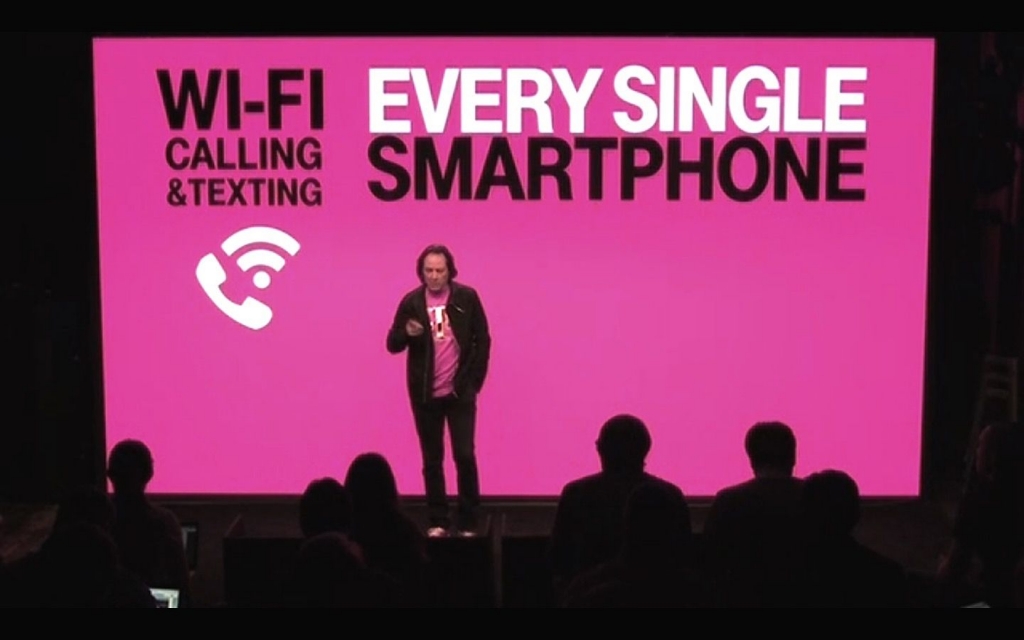AT&T calls out T-Mobile in FCC letter about Wi-Fi calling
The applications are still getting processed, and AT&T is yet to offer the Wi-Fi calling for its customers in the United States. Protocol aside, they’ve got Wi-Fi calling up and running, and now AT&T just wants to be in the same position – sooner than later. The carrier says that it filed for a temporary waiver back in June, so that RTT could be cleared as a replacement for TTY by the FCC before the launch of iOS 9 in September.
“This past Friday, September 25, was the date on which AT&T meant to introduce Wi-Fi calling services in competition with other competitors in the market, namely T-Mobile and Sprint”, AT&T wrote in its filing.
AT&T’s Legal Senior Vice President, James Ciccioni, claims Sprint and T-Mobile started offering WiFi calling even though the FCC hadn’t granted a support waiver for teletypewriter communications, also known as TTY – which are typically required for providing accessibility services.
It seems AT&T is regretting its decision to fully comply with government regulations created to protect the disabled; its hands are tied until the FCC grants a waiver. When questioned on the subject over Twitter, T-Mobile CEO John Legere didn’t address the dispute directly, only boasting that the Uncarrier had “unleashed” Wi-Fi calling on its customers.
T-Mobile has supported Wi-Fi calling since 2007 but has promoted it more heavily lately. Yesterday, AT&T resubmitted its request for such a waiver to get its Wi-Fi calling service off the ground, simultaneously calling out Sprint and T-Mobile for deciding to move forward with similar services without supporting the FCC’s rules (via Fierce Wireless). “We are reviewing AT&T’s request of a waiver of the TTY requirement, which, as I understand it, would be for the period until they can roll out a substitute technology”. The groups praised AT&T’s efforts to advance RTT technology, saying that it will maintain the ability to transmit text character by character, “allowing for conversational, real-time communication”, but without suffering “the reliability and transmission issues that impact TTY when operating on an IP network”.
TTY devices, which are used by the deaf and hearing-impaired to operate telephones, allow them to type messages rather than listening and speaking.








